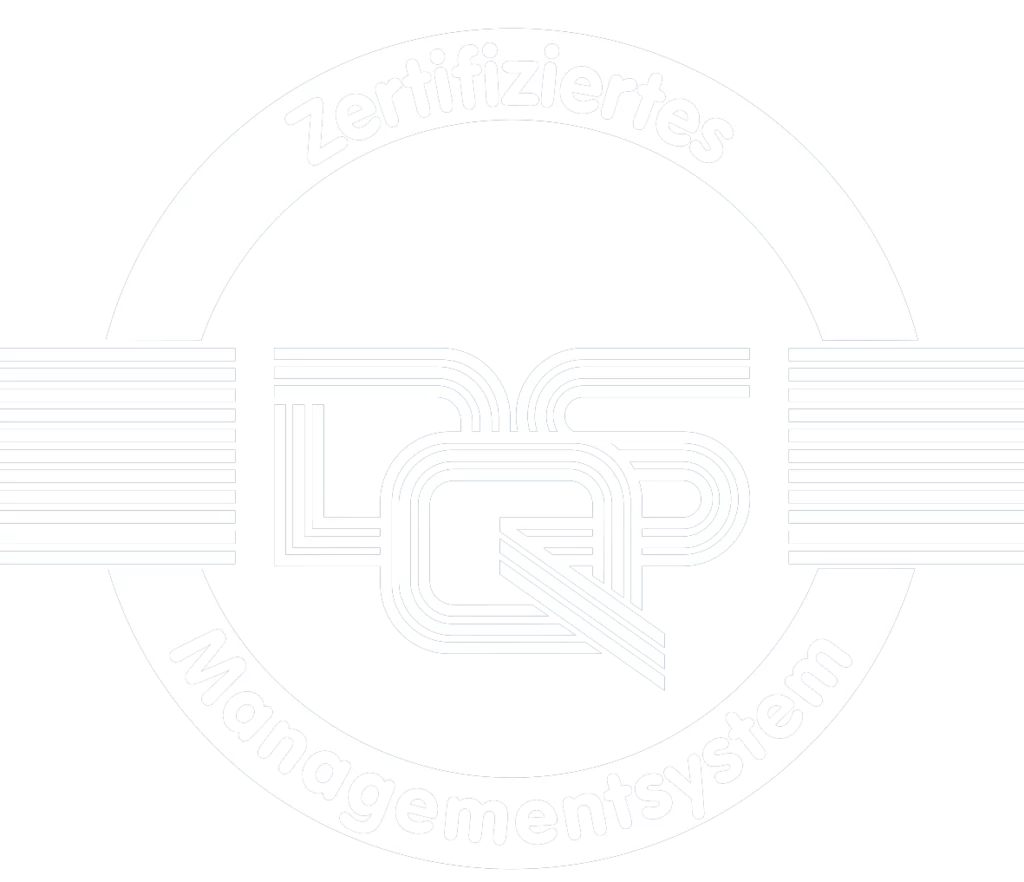Data Science offers a tremendous variety of career outlets in the tech industry, yet many people still have a relatively nebulous idea of what the field actually involves in practice. Among the most frequent questions that our bootcamp students pose to our career services is “What should I expect from my first job?”
This article means to answer at least one part of that question. While we will not go into topics of equal importance like salary expectations or work location, we will look at some of the things that a Data Science graduate should expect to spend a lot of their time doing once they land that precious first job offer.
Because there are so many roles that can be covered with this sort of qualification, this article will be divided into two parts. The first will cover some of the more generic aspects of this line of work, those that will involve almost everyone regardless of their job title. The second part will look at some of the tasks which are more specific to certain Data Science jobs and not necessarily common across the board.
PART I – GENERIC TOPICS
#1. Gain domain knowledge
A bootcamp or a university can teach you universal skills on how to collect data, but certain aspects of your job will depend on the markets and/or the location you choose to operate in. Therefore much of the cognitive (if not necessarily practical) work you will do during your first job will be about getting to know the industry.
Much of this will happen automatically, via a process which you will encounter again in all of your later jobs too – your induction into the company, and in particular your training. You’ll have to learn how your new company collects and processes data regardless of how much experience you have, but there is an important difference when you are going through it for the first time – namely, that you’re opening and expanding your mind in a way you will not be doing later. As you learn whether your company gathers data internally or acquires it from third parties, for example, your mind starts consciously or unconsciously building a schematic of how that difference shapes and is shaped by the industry as a whole.

#2. Setting up
I was uncertain whether to include this as it usually doesn’t last more than a few weeks, but setting up your computer and installing all of the relevant tools is an experience as characteristic as it is inevitable for newbies of Data Science.
It’s not just a matter of installing Python or R. There will be plausibly dozens of libraries to add, and they will have to match the versions used by your colleagues too. Then there are SQL clients/servers, IDEs, dashboard tools, productivity tools… none of these things are as trivial as just choosing a username and password on a CMS.
The process tends to get quicker as you gain more experience, but be aware that setting up is something that generally takes more time and energy than people think.
#3. Coding & Cleaning
Simply writing code may seem too obviously a part of Data Science to warrant a mention here. But, while coding may be the hallmark of success for our Web Development graduates, it has a rather different status for the data tribe, and you are likely to spend more – not less – time on it the more inexperienced you are.
This is mainly because the sophistication of this discipline lies in the results you can get out of your numbers, not in the elegance of the code that gets those results, and this means that seniors – with some exceptions, of course – will generally delegate the work of rote coding to somebody else. If you’re at your first job, that probably means you.
The other activity that is most commonly left to juniors is that of cleaning data. Suppose that you want to to analyse recurring sentence structures on social media status updates; that might plausibly involve the task of removing all emojis from the sentences first. That sort of thing usually involves some relatively low-level processing, so until you get some experience, expect a lot of ‘data hygienization’ to fall on you.
#4. Refining your communication skills
Data Science isn’t just about finding results, but also about communicating them effectively to the rest of your team. This happens to be one of the most difficult things to teach, at least in our experience, because something like a bootcamp tends to gather like-minded people and then immerse them in the world of data. Effective communication, by contrast, is usually learned by surrounding yourself with people who have no idea what you are talking about – like most of those that will surround you when you join an actual company.
Much more so than in future roles, expect to spend time developing and practicing the appropriate presentation practices, along with developing a mini-argot that will allow you to communicate your results to others (i.e. translation). At first, when speaking about data you will probably come across as a total geek. By the time you’re at your second contract, that issue should be either greatly alleviated or even completely forgotten.
#5. Feeling lost
This is not a task as such, but it is most certainly something you will do! Departments that deal with Data Science topics within a company are typically tiny. Unless you happen to land your first job at a really large business, you should expect to work with one, maximum two other people. This means that guidance will be a very precious commodity, and while you’ll be offered a measure of help and training, you will also be expected to find your feet by yourself.
For anyone who just emerged from an educational environment, this can be a bit of a shock. You will be taught how to use the basic tools (eg. how to access the database), but otherwise you will soon find yourself being asked questions from other departments and just having to figure out the answer by yourself. In time, this is easily negotiated. But for your first contract, expect to be confused a lot of the time.
***
The above covers some of the more generic aspects of working in Data Science. Of course, though, there are also some experiences which are specific to certain job titles. There is no way we can cover all the possible jobs that can be done with a Data Science qualification, so we will look at just three of the most common.
PART II – SPECIFIC TOPICS

Job Title: Data Analyst
Task: Answering Questions
Experienced data analysts can do some surprisingly creative work, as they come up with new business metrics from scratch and look for original ways of manipulating data. On your first experience, however, your scope is likely to be more limited (don’t expect administrator access to the database from the word go, for example).
Instead, what you will spend most of your time doing will simply be answering questions. They will sound something like this: “How many more of our customers who booked a holiday in the Mediterranean booked another one within six months, by comparison with those who first booked it in Northern Europe?”
Because, as we mentioned, your team will probably be small and the questions will come from colleagues who don’t know much about what you do, it will be down to you to dive into the raw data and find the best and most useful way of answering their questions.
Job Title: Junior Data Scientist
Task: Adding Features
A Data Scientist employed in the private sector generally takes a more proactive approach to data than an Analyst. They may work on something like, say, a recommender algorithm – the type of system Netflix uses to suggest movies and shows you are likely to enjoy based on your past viewings.
On your first job you will still be working on models of this sort, but your role is likely to be more aleatory. You may therefore be assigned to designing features of this system that are useful without being essential. In the above example, it may be helpful for Netflix to understand whether you are browsing movies for yourself or to watch together with your children, and that’s the sort of thing that you might build.
Of course, the possible features and subtasks that may be assigned to a Junior Data Scientist can vary wildly, but working on the surface rather than the core of the project is indeed very common for those on their first job.
Job Title: Business Intelligence Analyst
Chore: Maintenance Practices
In spite of its lofty, intimidating title, a Business Intelligence Analyst doesn’t have a job that is particularly more complex than the others we described above. In some ways in fact it is almost logistical, putting less emphasis on interpreting data and more on presenting the right item of it to the right people at the right time.
When you start on such a role, a great deal of the work you’ll be doing, at least at first, will involve your new best friend – the dashboard. The dashboard is a combination of interactive, dynamic visualisations of the raw data available to you, typically created in Tableau, Power BI or – an increasingly popular option these days – Looker.
The work you will be doing at first will not harness the full power of this remarkable tool, but will rather be about maintaining its relatively complex system. Compared to the jobs we described above, however, Business Analysts tend to to progress to greater responsibilities more quickly, meaning that by the end of your first contract (assuming you stay with your company for a reasonable amount of time) you should already expect to be doing several of the same things you’ll be doing as a senior.
***
And that wraps up our overview! As we already emphasized throughout the article, the possible career outlets for Data Science graduates are exceptionally varied, so if you cannot relate to part (or even any!) of the things we described above, that doesn’t make your experience ‘abnormal’.
As well, if you’re only getting started and you hope to find your first Data Science job in the near future, don’t expect everything to necessarily conform to our descriptions. It’s a big world out there – let it surprise you!






